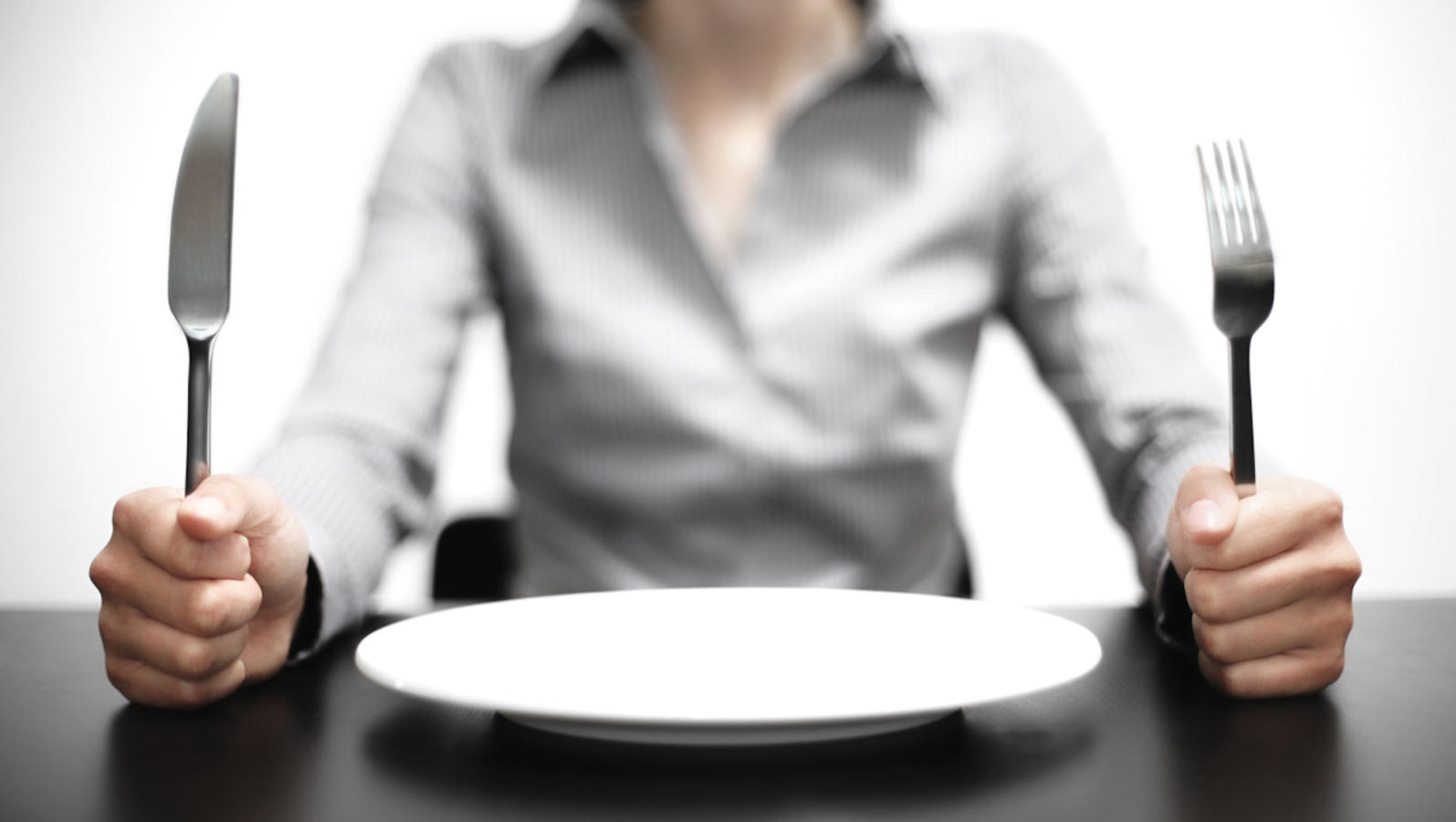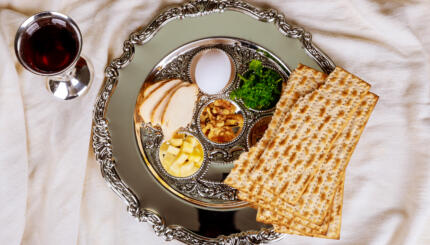Do Jews fast on Passover?
With the exception of abstaining from leavened grains, on Passover — as on many Jewish holidays — it is customary to eat large festive meals. Fasting would be inconsistent with the joyous spirit of the holiday.
However there is a fast day that falls on the eve of Passover. It is the only fast day in the Jewish calendar that applies solely to one segment of the Jewish community.
The Fast of the First Born — Ta’anit Bechorot or Ta’anit Bechorim in Hebrew — is a sunrise to sunset fast observed on the eve of Passover only by first-born children. In some communities this includes both men and women, and in some communities only men. Some also have the custom of parents fasting on behalf of first-born children who are not themselves old enough to fast.

Help us keep Jewish knowledge accessible to millions of people around the world.
Your donation to My Jewish Learning fuels endless journeys of Jewish discovery. With your help, My Jewish Learning can continue to provide nonstop opportunities for learning, connection and growth.
The fast commemorates the miracle which spared the first-born sons of Israel from the plague that killed the first-born sons of the Egyptians. This event actually occurred on the following day, the 15th of the Hebrew month of Nisan, which is the first night of Passover. But since it’s inappropriate to fast on a holiday, the fast is observed the day before. If Passover begins on Friday or Saturday night, the fast is observed earlier so that one is not fasting either on Shabbat or Erev Shabbat.
READ: Nine Things You Didn’t Know About Passover
There is a widespread practice to hold a siyyum early in the morning on the day of the fast. A siyyum is a celebration held to mark the completion of some portion of Torah study. The general custom is to complete a section of Torah study on that day and then mark the occasion with a celebratory food. Having eaten food at the siyyum, the first-borns are then permitted to continue eating throughout the day.
Learn more about Passover from our partner sites:
How to Throw Your Own Mimouna, the Sephardic End of Passover Celebration
My Family’s Large and Joyous Seder Tradition All Began With Pogroms in Europe



